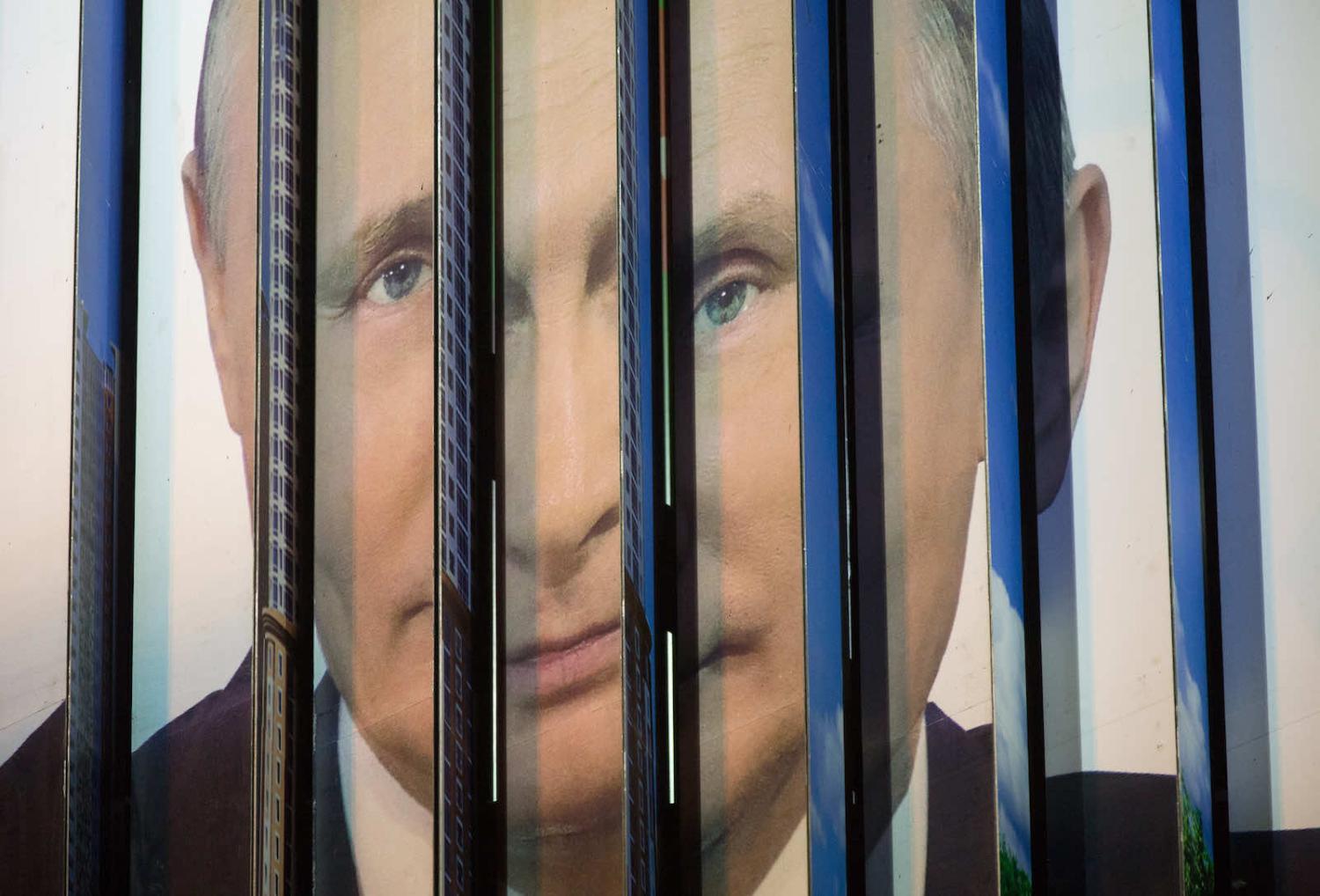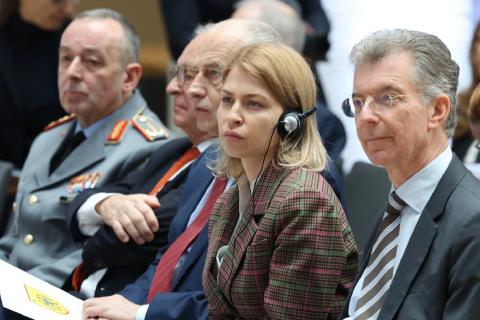Vladimir Putin has confirmed the grim news that Russian troops are readying to roll across the border into eastern Ukraine.
But the sight of massive military convoys and changing facts on the ground in the days ahead should not overshadow the magnitude of the words Putin has used to justify his action.
“Ukraine is not just a neighbouring country for us,” Putin declared in a televised speech from the Kremlin.
“It is an inalienable part of our own history, culture and spiritual space. These are our comrades, those dearest to us – not only colleagues, friends and people who once served together, but also relatives, people bound by blood, by family ties.
That last phrase, “people bound by blood, by family ties”, soaked in ethno-nationalist connotations and confirmed by the official translation, is a remarkable throwback to the drivers of 20th century authoritarianism.
It’s easy to be jaded about the habit of modern politicians to invoke the struggles of history as a means of trying to whip up support. By the danger of this type of rhetoric should be plain.
Denying that Ukraine deserves the legal and normative recognition of sovereignty makes it easier, in his mind at least, to seize control.
Indeed, Putin continued with a potted history of policies by Lenin, Stalin and Khrushchev “separating, severing what is historically Russian land” … “territories were transferred along with the population of what was historically Russia” … “Ukraine never had a tradition of genuine statehood”.
Denying that Ukraine deserves the legal and normative recognition of sovereignty makes it easier, in his mind at least, to seize control.
Putin reached for history too in complaining about the prospect of NATO expansion to include Ukraine. “Ukraine will serve as a forward springboard for the strike. If our ancestors had heard about it, they probably would simply not have believed it. And today we don’t want to believe it, but it’s true.”
And Putin parroted language that will be familiar to leaders in just about any country pledging their resolve: “we will never compromise our sovereignty, national interests and our values”.
It is important to see these comments in light of Putin’s “no limits” declaration this month alongside China’s Xi Jinping about the “transformation of the global governance architecture and world order”. That joint statement prompted a collective eye-roll in the West for its evident cynicism, having invoked the “rights of peoples of different countries to self-determination” and the ideals of “justice, democracy and freedom”.
But Putin doesn’t want to just rob Ukraine of sovereignty. He is seeking to co-opt the preferred language used by the West about rules and global order. It will only make arguments that much more difficult when they are constantly bogged down by definitions and all the while real-world consequences are unfolding.

